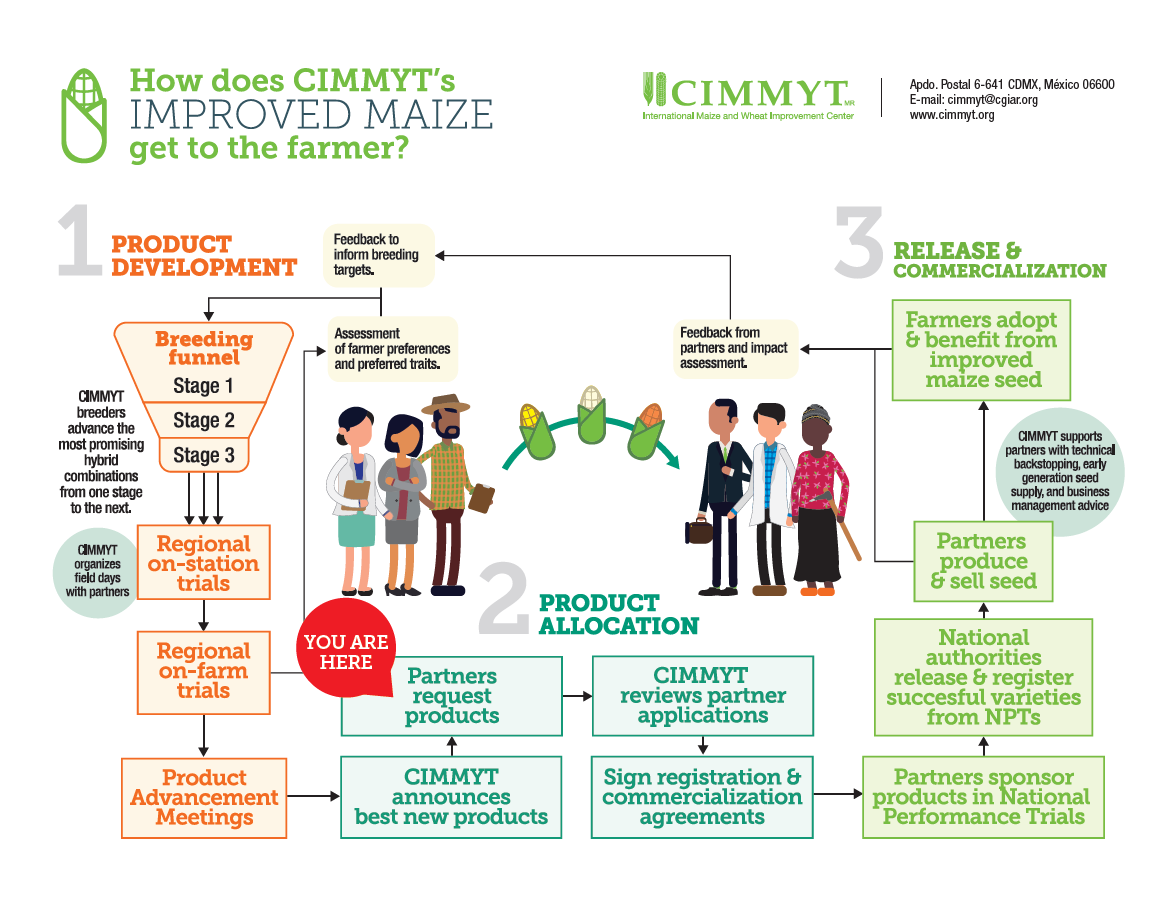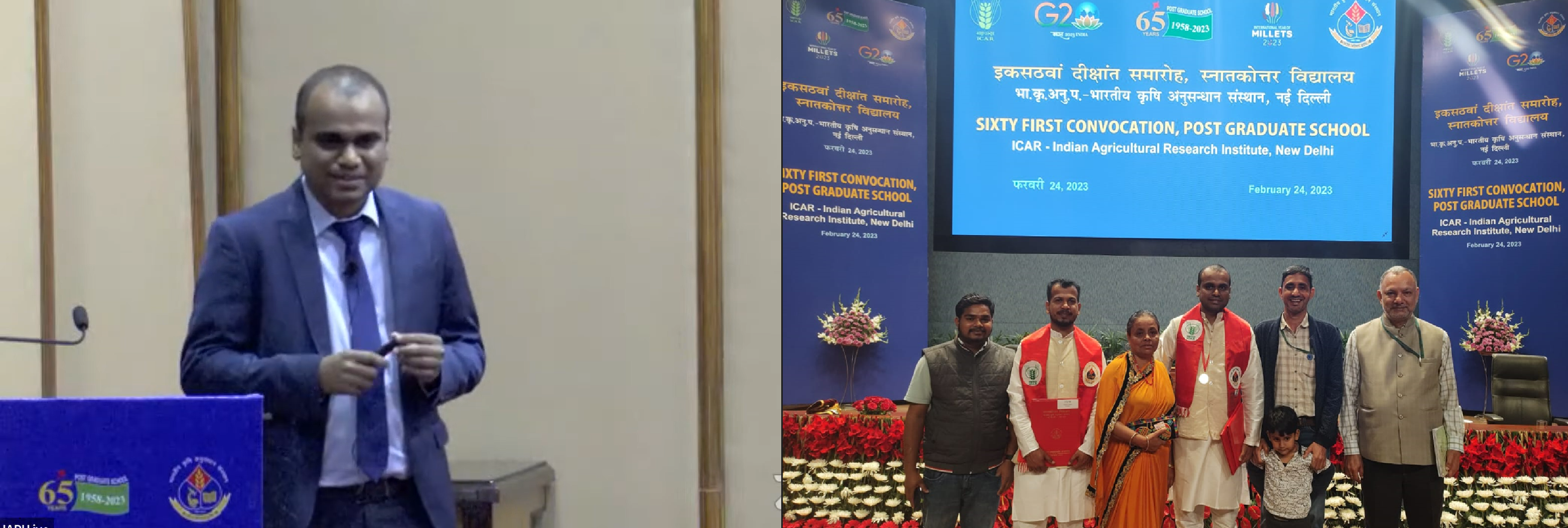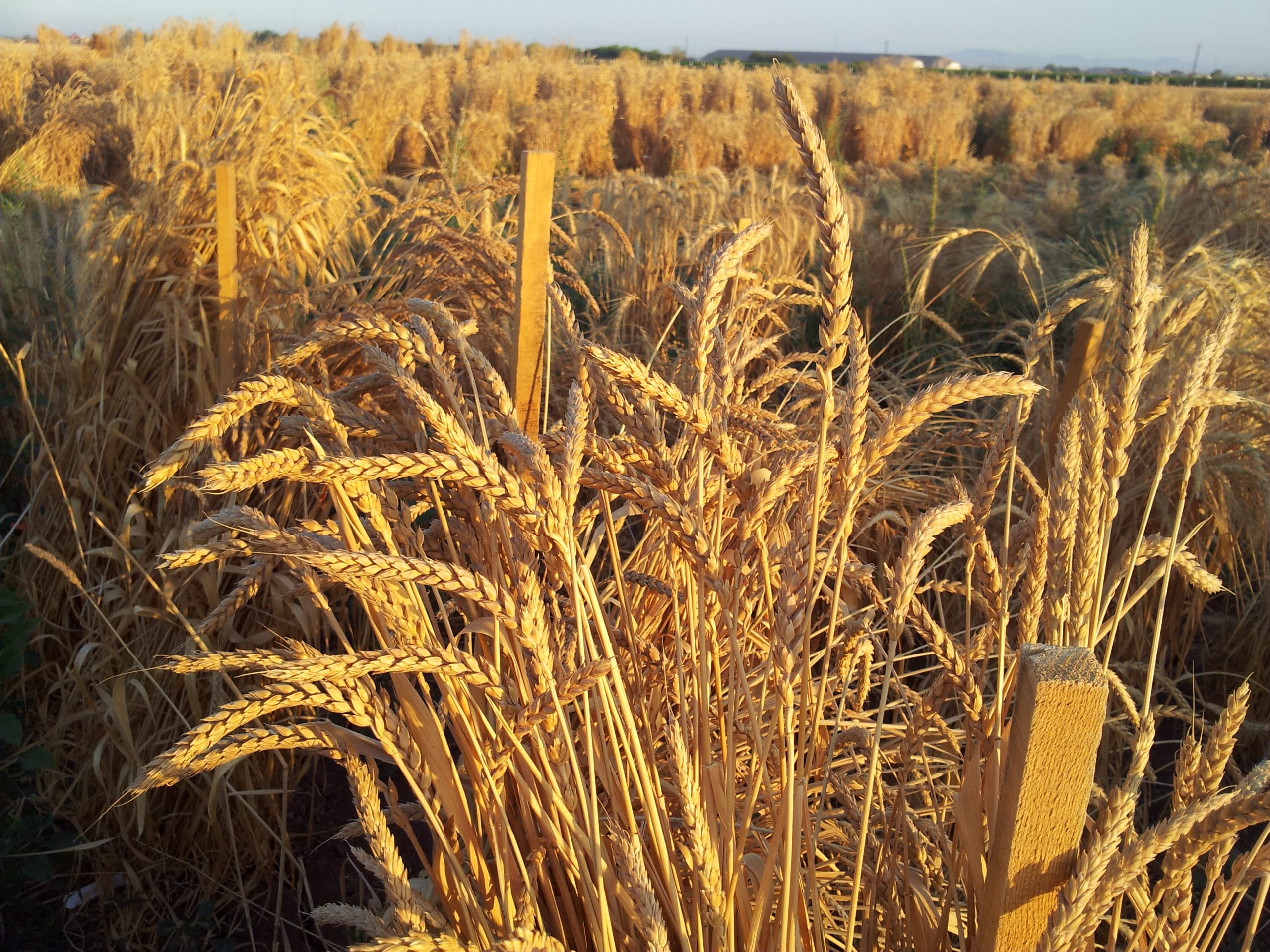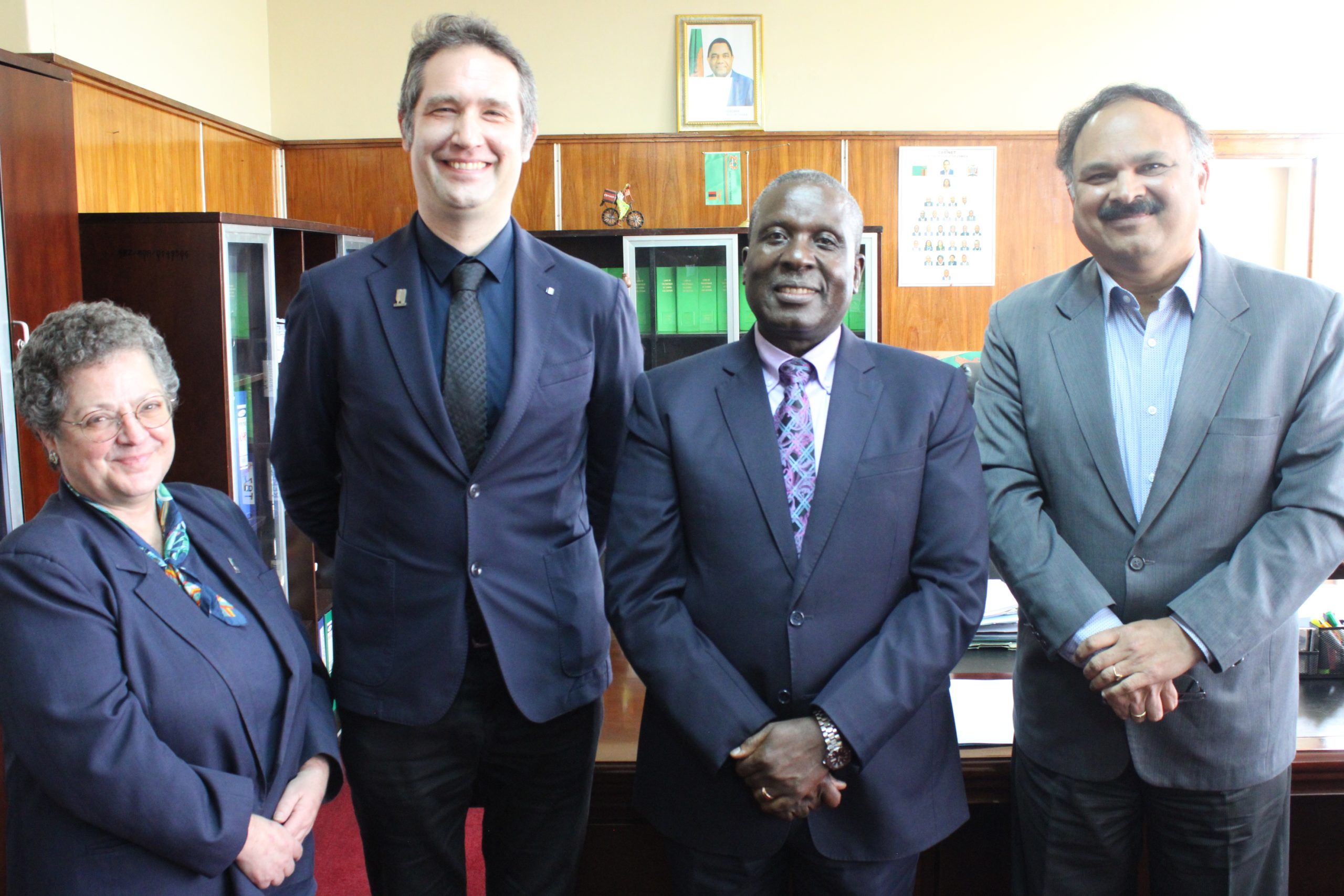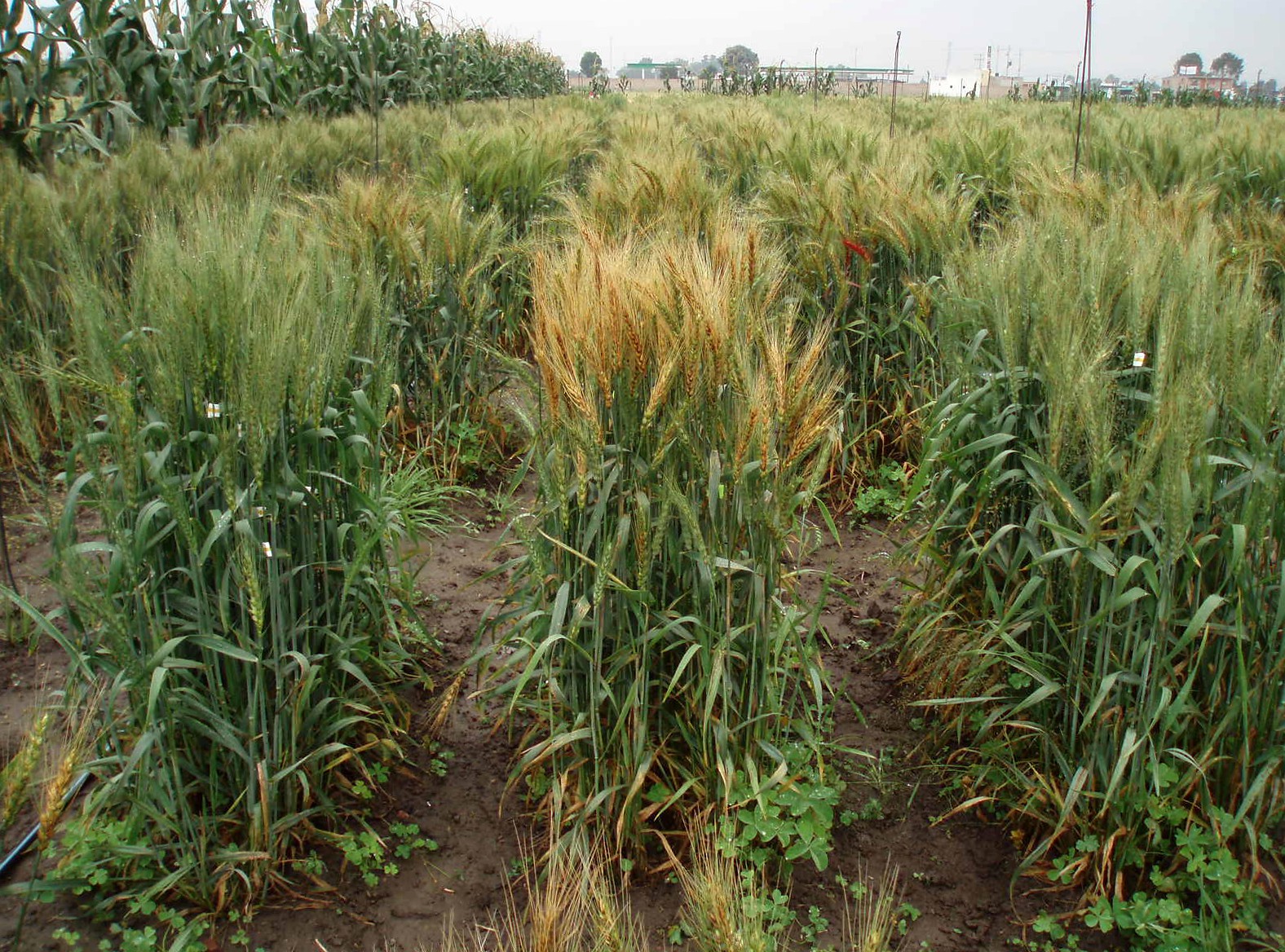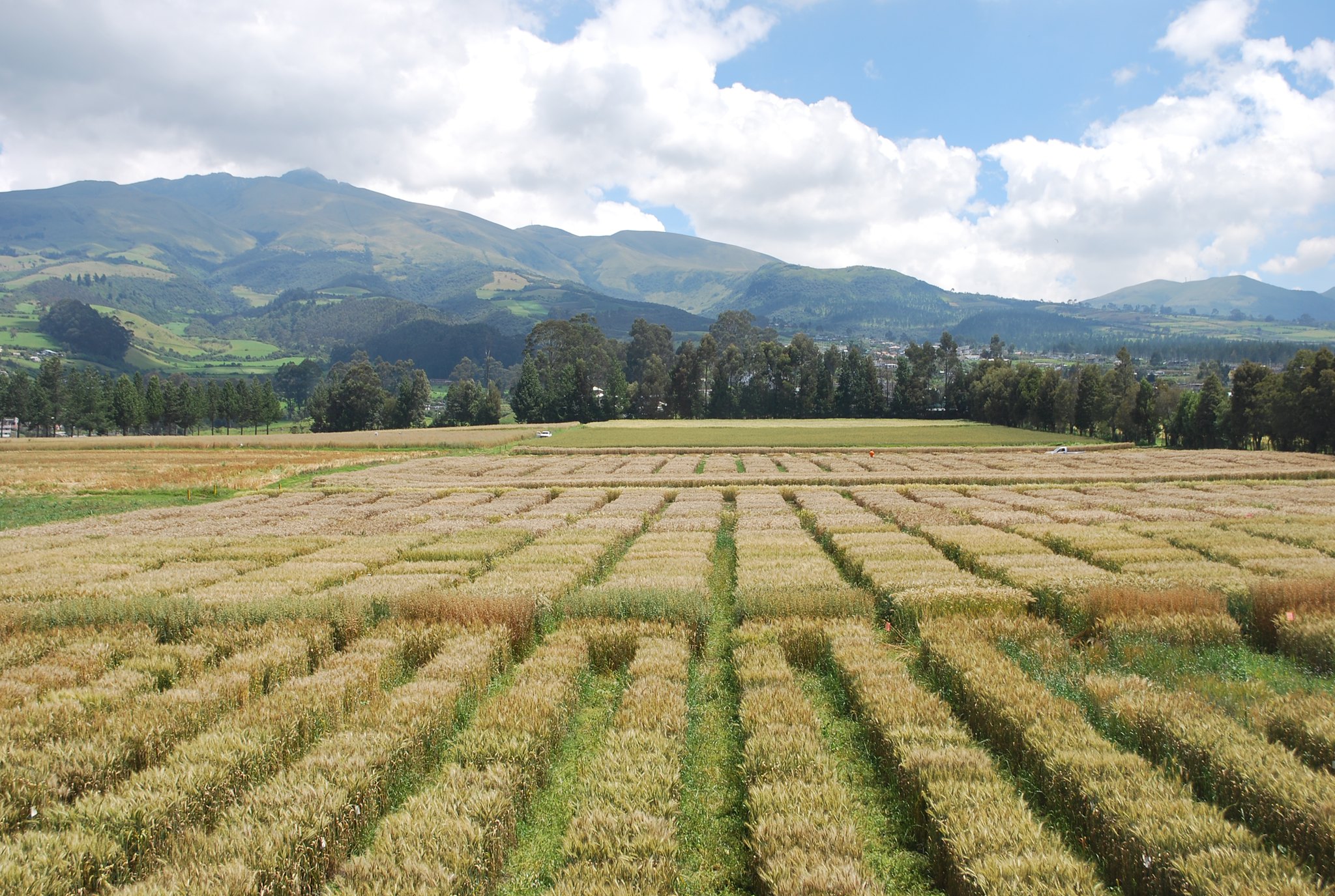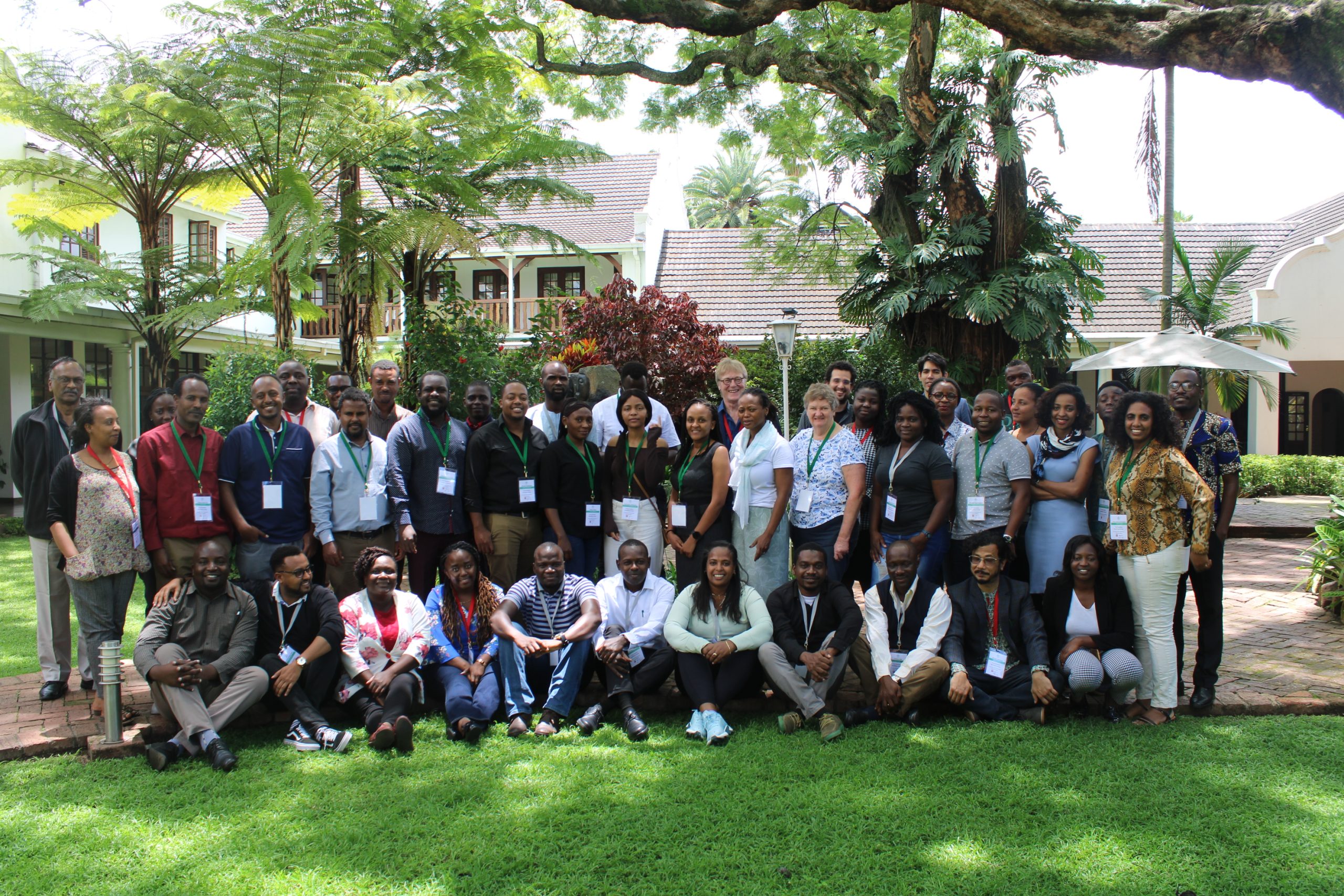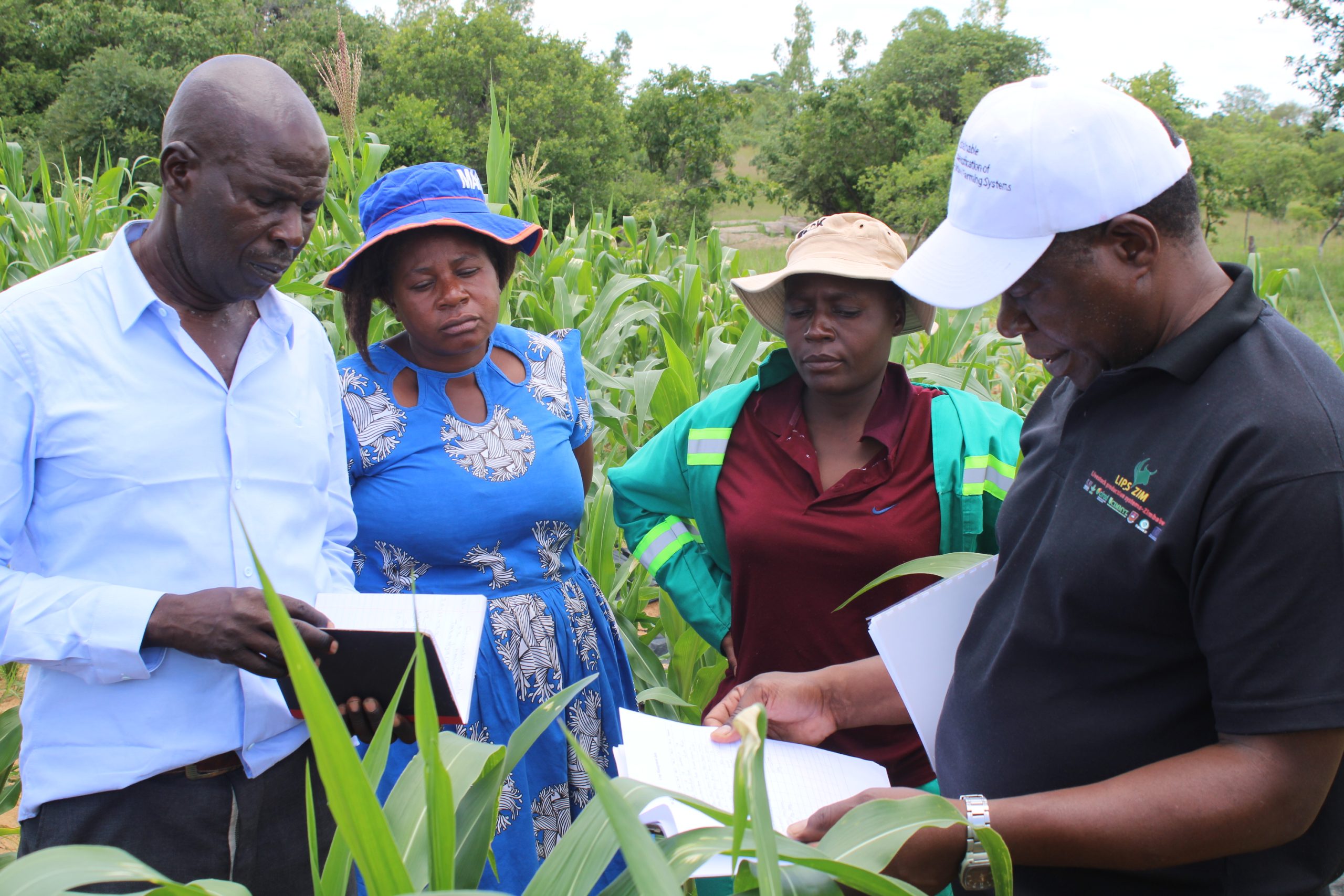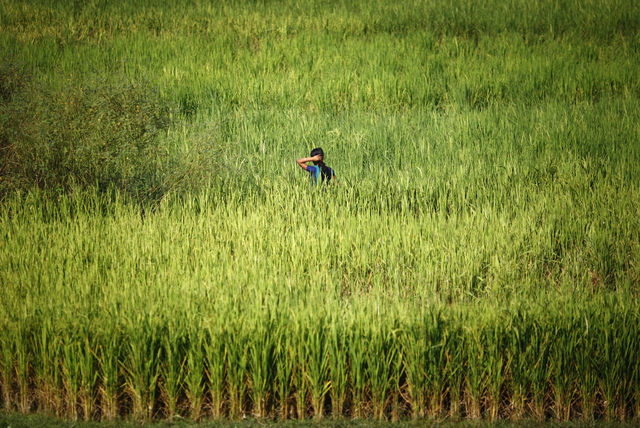Climate adaptation and mitigation
Climate change threatens to reduce global crop production, and poor people in tropical environments will be hit the hardest. More than 90% of CIMMYT’s work relates to climate change, helping farmers adapt to shocks while producing more food, and reduce emissions where possible. Innovations include new maize and wheat varieties that withstand drought, heat and pests; conservation agriculture; farming methods that save water and reduce the need for fertilizer; climate information services; and index-based insurance for farmers whose crops are damaged by bad weather. CIMMYT is an important contributor to the CGIAR Research Program on Climate Change, Agriculture and Food Security.
Six New CIMMYT maize hybrids available from eastern Africa Breeding Program
 Climate adaptation and mitigation
Climate adaptation and mitigation
Five new CIMMYT maize hybrids available from South Asia Breeding Program
 Climate adaptation and mitigation
Climate adaptation and mitigation
Startups and nonprofits race to unlock Africa’s agriculture potential as millions face food crisis and droughts
 Climate adaptation and mitigation
Climate adaptation and mitigation
Source: Moody's (19 Apr 2023)
Climate change, if unchecked, is expected to make food even more unaffordable. The economic shocks from increasing temperatures, water stress and continued droughts will push tens of millions of Africans into extreme poverty over the next decade, according to Moody’s partner TechnoServe.
Graduate of CIMMYT/ICAR partnership honored by Indian government
 Climate adaptation and mitigation
Climate adaptation and mitigation
Harisankar Nayak’s thesis honored at a ceremony hosted by India’s Vice President
Research awards to tackle challenge of fortifying wheat against heat and drought
 Climate adaptation and mitigation
Climate adaptation and mitigation
HeDWIC and FFAR awarded grants to five wheat research projects in 2022 to protect the crop from climate change and other threats.
Government of Zambia and CIMMYT strengthen ties in agricultural development
 Climate adaptation and mitigation
Climate adaptation and mitigation
Zambia Minister of Agriculture host CIMMYT Director General for deliberations on the country’s strategic road map.
Building towards a climate-smart agriculture future through harnessing crop modeling
 Climate adaptation and mitigation
Climate adaptation and mitigation
A workshop supports participants to grow their crop modeling expertise, with the aim of improving the use of tools in Zimbabwe and the rest of Africa.
Farmers in Buhera gear up for climate-smart agriculture
 Climate adaptation and mitigation
Climate adaptation and mitigation
Water harvesting technology trials give hope to farmers in semi-arid regions of Zimbabwe.
A deceptively simple hack boosts wheat yields in Bihar
 Climate adaptation and mitigation
Climate adaptation and mitigation
A hotter planet was devastating wheat yields in one of India’s poorest but most fertile states. Researchers looked at the agricultural system as a whole to find a promising path forward.
India will have record wheat production, must plan for export, says Arun Kumar Joshi
 Climate adaptation and mitigation
Climate adaptation and mitigation
Source: The Hindu (11 Feb 2023)
Arun Kumar Joshi provides insights into why India is expecting record levels of wheat production this year.
On Africa’s farms, the forecast calls for adaptation and innovation
 Climate adaptation and mitigation
Climate adaptation and mitigation
Source: Gates Notes (31 Jan 2023)
Bill Gates reflects on a recent visit to a Kenyan farm to see firsthand the results of work by CIMMYT and CGIAR.
